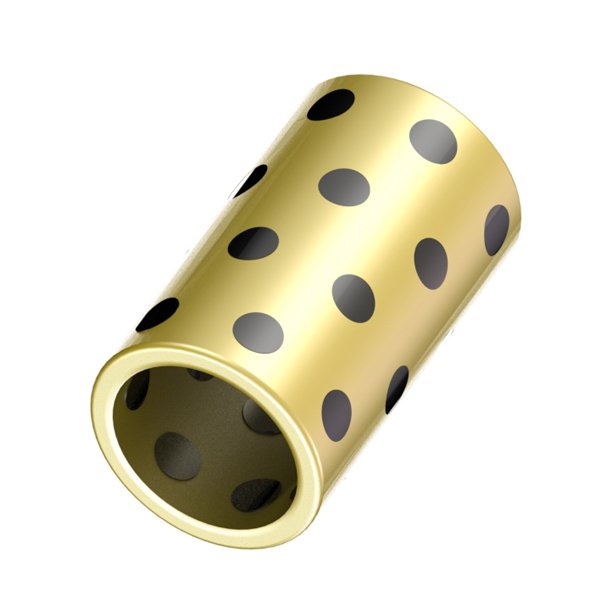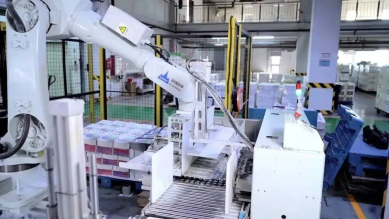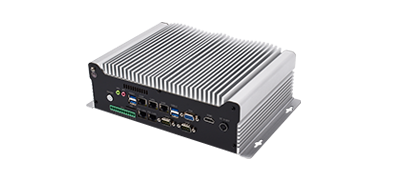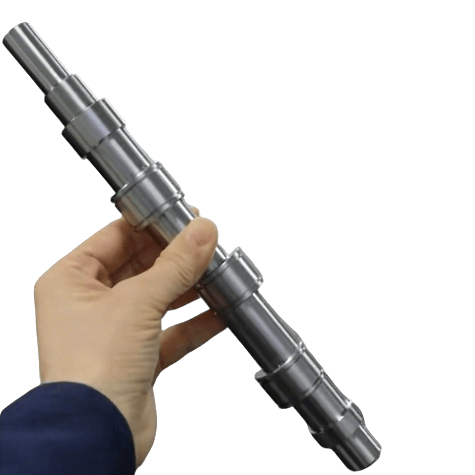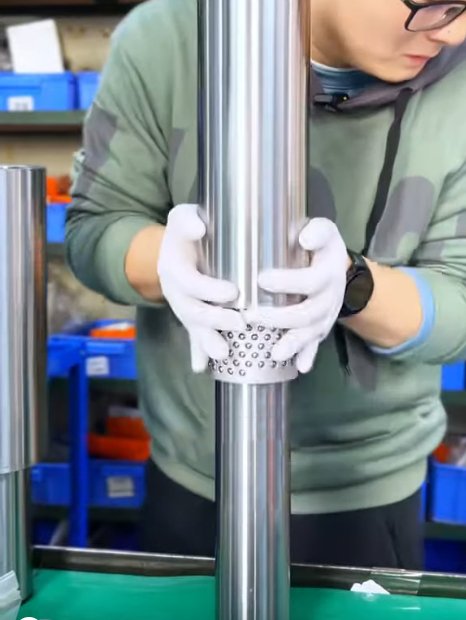Steel dowel pins are small, cylindrical fasteners used to precisely align or secure two or more components in machinery, furniture, construction, and other industrial applications. Their performance depends not only on design but also on the material selection, which balances strength, durability, and functionality. Here’s a detailed look at the most common materials used to make steel dowel pins.
1. Carbon Steel: The Standard Choice
Carbon steel is the most common material for standard dowel pins due to its machinability, cost-effectiveness, and adequate strength. It is classified based on carbon content: low-carbon (0.05–0.30%) and medium-carbon (up to 0.60%).
Common Grades:
- 1018 Steel: Low-carbon steel (~0.18% C), easy to machine, suitable for light-duty applications such as furniture assembly or general machinery.
- 1022 Steel: Slightly higher carbon (~0.22%), providing improved strength and wear resistance while maintaining good machinability; often used in automotive and light industrial components.
Properties:
Carbon steel dowel pins are rigid, strong, and affordable. They are prone to corrosion if left uncoated, so zinc, nickel, or chrome plating is commonly applied for rust resistance.
2. Alloy Steel: For High-Stress Applications
Alloy steels contain additional elements like chromium, molybdenum, nickel, or vanadium to enhance hardness, toughness, or heat resistance, making them ideal for high-stress or high-temperature environments.
Common Grades:
- 4140 Steel: Chromium-molybdenum alloy (~0.40% C, 1% Cr, 0.2% Mo) with high fatigue resistance, wear resistance, and strength; widely used in heavy machinery and automotive drivetrains.
- 4340 Steel: Higher nickel content (~1.8%) improves toughness and impact resistance, suitable for aerospace, industrial equipment, and critical load-bearing applications.
Properties:
Alloy steel pins are stronger and harder than carbon steel, but require precise heat treatment (quenching and tempering). They are preferred in mission-critical components where failure is not an option.
3. Stainless Steel: Corrosion Resistance
Stainless steel dowel pins are used in moist, chemical, or salt-exposed environments, such as marine, food processing, or medical applications. The chromium content (≥10.5%) forms a passive oxide layer to resist rust and staining.
Common Grades:
- 304 Stainless Steel: Austenitic steel (~18% Cr, 8% Ni), balancing corrosion resistance, formability, and cost. Suitable for kitchen equipment, outdoor furniture, and general use.
- 316 Stainless Steel: Contains molybdenum (~2–3%) for superior resistance to chlorides and saltwater, essential in marine, chemical, or medical applications.
Properties:
Stainless steel pins resist corrosion and provide a clean appearance but are generally softer than carbon or alloy steels. They are used where hygiene, aesthetics, or chemical resistance is required.
4. Specialty Steels: Niche Requirements
Specialty steels are used in unique cases:
- Tool Steels (e.g., D2): Extremely hard and wear-resistant; used in tooling or high-friction applications.
- Spring Steels (e.g., 5160): Designed for elasticity; less common for dowel pins but used if flexibility is necessary.
Manufacturing Impact on Performance
The material affects the manufacturing process and final performance:
- Cold Forming: Low-carbon steels (like 1018) are cold-headed or cold-drawn to increase strength through work hardening.
- Heat Treatment: Alloy steels (like 4140) undergo quenching and tempering to optimize hardness and toughness.
- Surface Finishing: Stainless steel pins may be polished or passivated for enhanced corrosion resistance and appearance.
Choosing the Right Steel Dowel Pin
Consider the following factors:
- Load Requirements: High-stress applications need alloy or tool steel.
- Environment: Moist or corrosive environments require stainless steel; general use favors carbon steel.
- Cost: Carbon steel is budget-friendly, while alloy or stainless steel is more expensive but offers superior performance.
Conclusion:
Steel dowel pins are carefully engineered components. Selecting the right material ensures precision, reliability, and longevity, whether in a simple bookshelf or a complex industrial machine.

